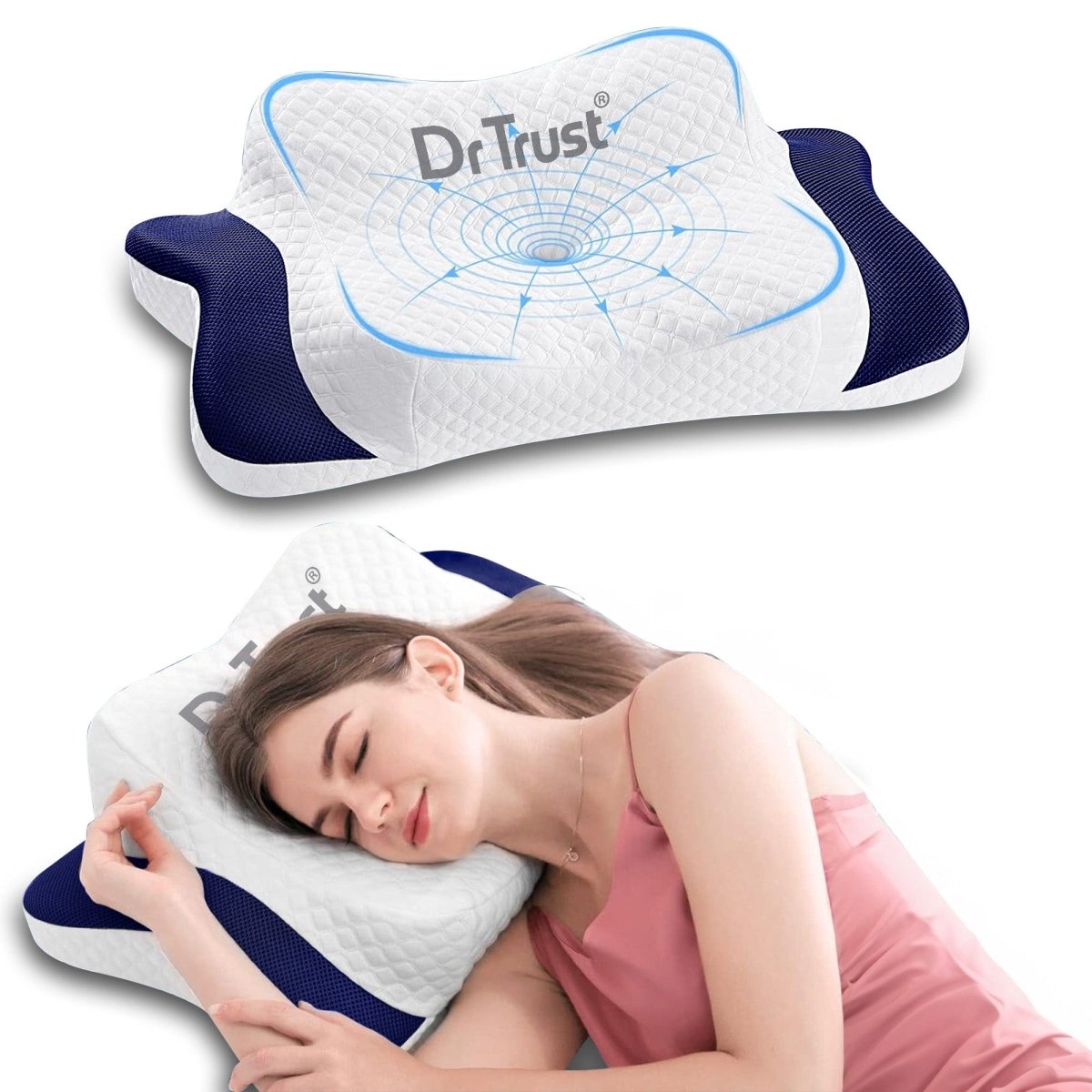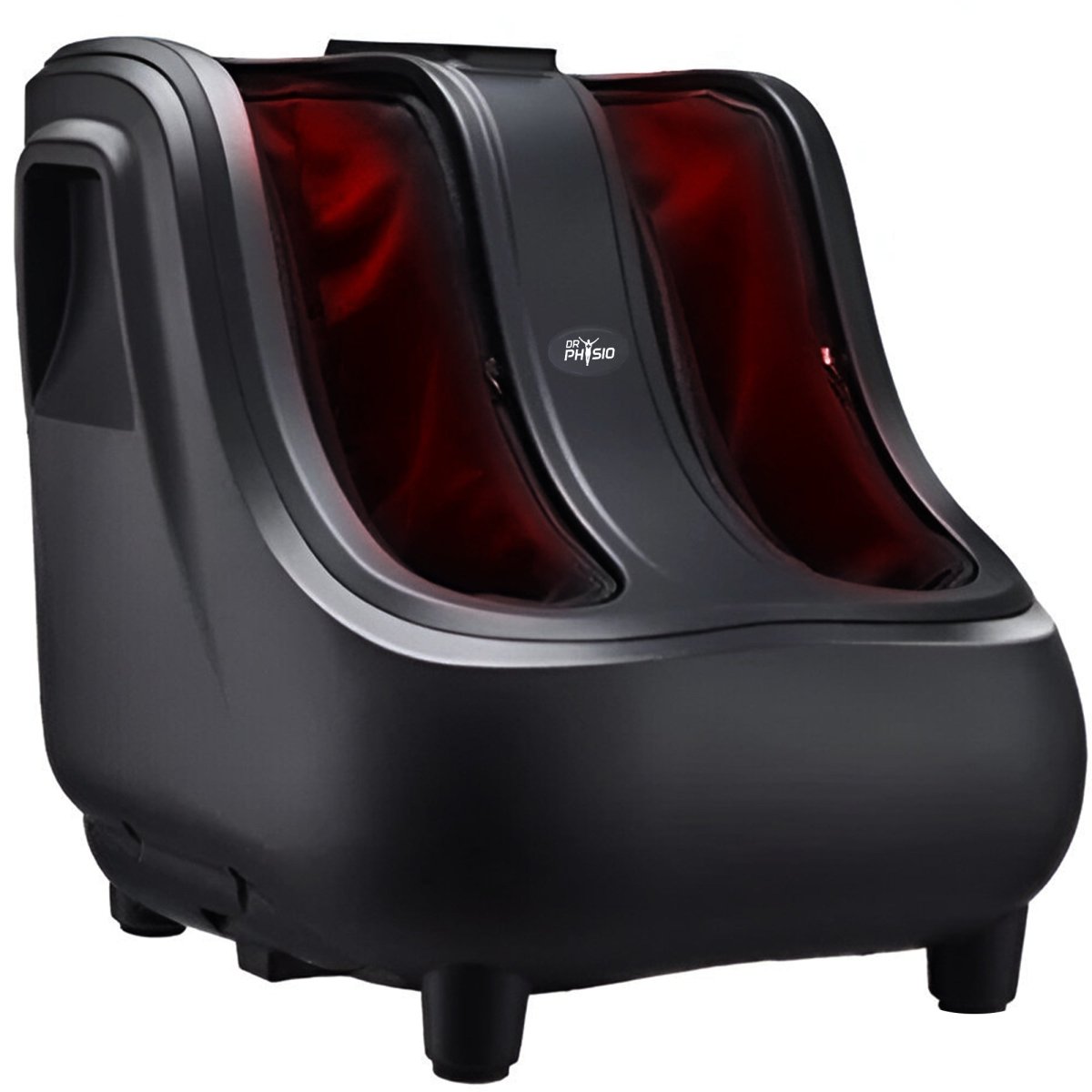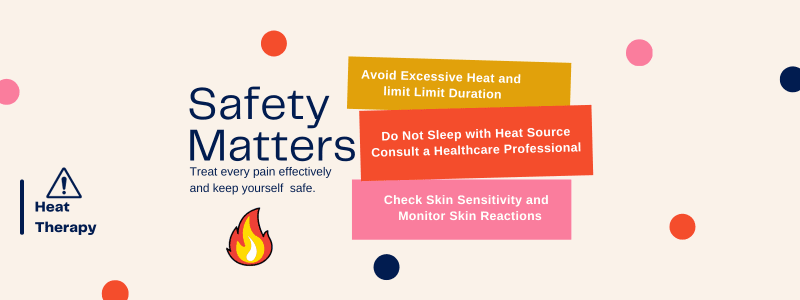Ignoring daily neck pain can lead to serious consequences, affecting your spine mobility, and increasing the risk of conditions like cervical spondylosis. Don't underestimate the warning signs.
What's the best way to stop neck pain and feel better? Is a cold pack good for neck pain? How and when should one apply cold pads for neck pain?
Cold packs can be effective in relieving neck pain, especially if it is due to inflammation or acute injuries.
Cold therapy, also known as cryotherapy, can help reduce swelling, numb pain, and provide a numbing effect on the affected area. Here's how and when you should apply cold packs for neck pain:
How to Apply Cold Packs for Neck Pain
- Choose the Right Cold Pack:
Use a cold pack or ice pack. You can use a commercially available cold pack or make your own by placing ice cubes in a thin cloth or a plastic bag.
- Wrap the Cold Pack:
Wrap the cold pack in a thin cloth or towel. Avoid applying ice directly to the skin, as it can cause frostbite or skin damage.
- Apply for Short Intervals:
Apply the cold pack to the affected area for about 15-20 minutes at a time. You can repeat this every 1-2 hours during the first 48 hours after the onset of neck pain.
- Elevate the Neck:
If possible, elevate your neck while applying the cold pack to help reduce swelling.
- Check Skin Sensation:
Be cautious and check your skin frequently during the application to ensure you don't experience numbness or skin irritation. If the cold feels too intense, you can use a thinner cloth or reduce the duration of application.
- Avoid Prolonged Application:
Avoid applying cold for more than 20 minutes at a time, as prolonged exposure can lead to tissue damage.

Well, you better not ignore your neck pain. If you have this urge to move your neck while working because of consistent pain and stiffness, finding it hard to concentrate due to this mild or maybe severe back pain, then again, we say don't ignore it.
Because, neglecting neck pain escalates to chronic agony, limited movement, and complications. Muscle imbalances, posture problems, and disrupted daily life loom, affecting mental well-being. Urgently consult a professional for swift intervention, precise diagnosis, and effective treatment, avoiding dire consequences.
When to Apply Cold Therapy
- Immediate Injury or Onset of Pain:
Apply cold therapy as soon as possible after an injury or the onset of neck pain. This is particularly effective in the first 48 hours.
- Inflammatory Conditions:
If neck pain is due to inflammation, such as in cases of strains or sprains, cold therapy can be beneficial.
- After Physical Activity:
If neck pain is a result of physical activity or exercise, applying cold therapy afterward can help reduce inflammation and alleviate pain.
- Not for Chronic Pain:
Cold therapy may not be as effective for chronic neck pain conditions. In such cases, heat therapy or other treatments may be more appropriate.
Check, when you should use hot therapy vs cold therapy.
When to Avoid Cold Therapy
Poor Circulation:
If you have poor circulation or conditions like Raynaud's disease, consult a healthcare professional before using cold therapy.
Nerve Damage:
Avoid applying cold packs directly to areas with known nerve damage, as it can exacerbate symptoms.
Know more
Always consult with a healthcare professional if you're unsure about the cause of your neck pain or if you have any medical conditions that may affect the use of cold therapy. Additionally, if your neck pain persists or worsens, seek medical advice for a comprehensive evaluation and appropriate treatment.











